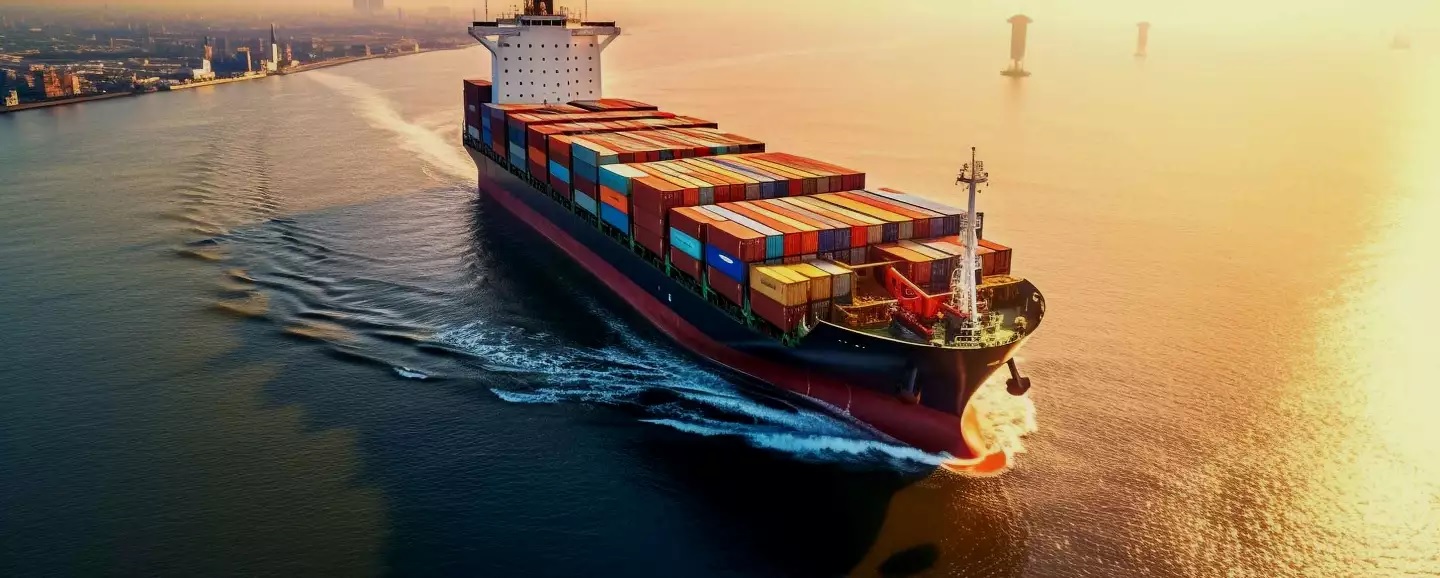The global shipping industry, responsible for transporting roughly 90% of global trade, is a significant contributor to greenhouse gas emissions. However, a new report by Orca AI, an autonomous shipping startup, reveals promising developments. AI-powered navigation systems could slash carbon emissions by a staggering 47 million tonnes annually.
This technology optimizes routes and minimizes unnecessary maneuvers, leading to smoother journeys. AI constantly analyzes data, allowing for real-time alerts on potential hazards like other vessels, buoys, and marine life. This translates to fewer route deviations caused by sudden course corrections, ultimately reducing fuel consumption.
The report estimates a reduction of nearly 38 million nautical miles sailed per year. This translates to substantial cost savings for shipping companies, with an average vessel saving around $100,000 annually on fuel. Additionally, AI can contribute to safer voyages by reducing the frequency of close encounters in open waters by an estimated 33%.
While Orca AI’s study focuses on AI-powered navigation, the potential for emission reduction extends further. AI can optimize loading procedures, ensuring ships carry cargo efficiently, and streamlining maintenance schedules to minimize fuel wasted due to inefficiencies.
The long-term vision, according to the report, is the possibility of fully autonomous ships. AI captains, constantly learning and adapting, could further optimize routes and operations, leading to even greater emission reductions.
This development comes at a crucial time. The International Maritime Organization (IMO) has set ambitious targets to cut emissions from the shipping industry. AI offers a powerful tool to achieve these goals and create a cleaner maritime transportation sector.

